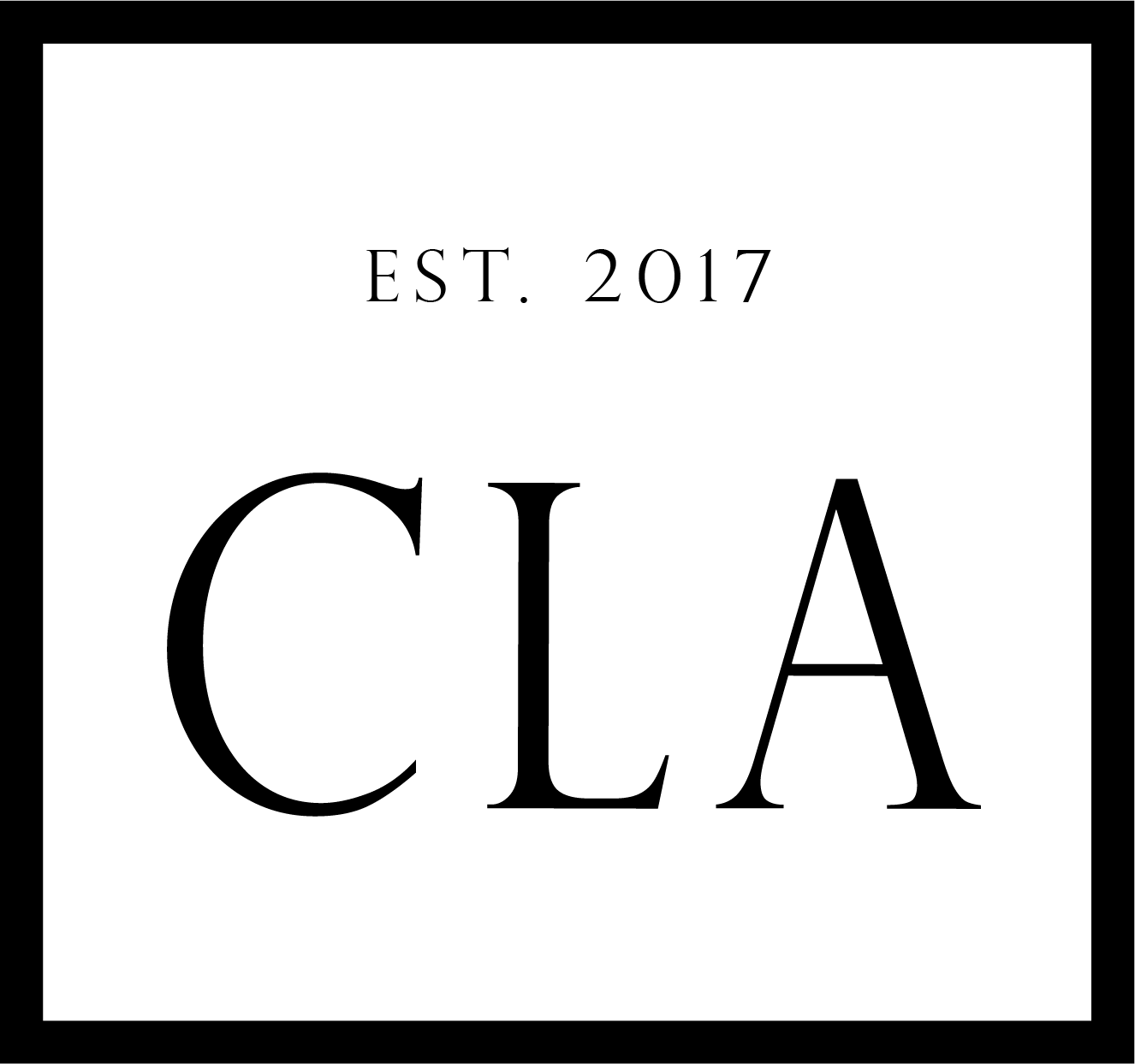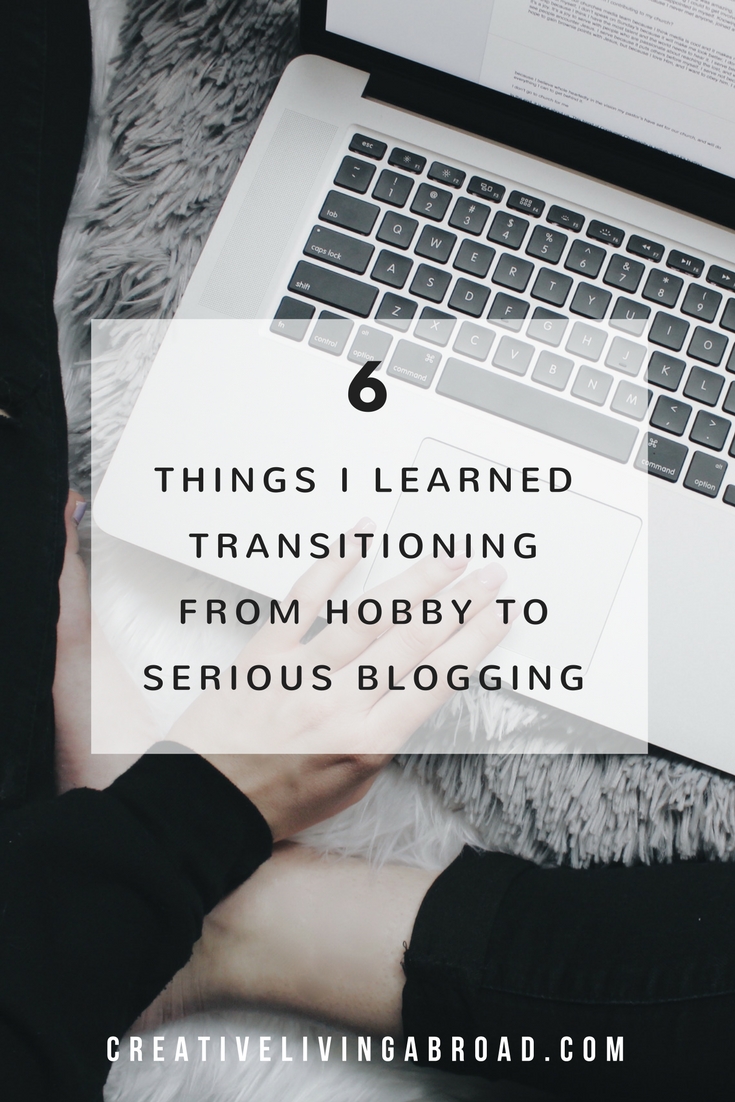6 Things I Learned Transitioning from Hobby to Serious Blogging
In December 2016, I made a decision to get serious about blogging while working full-time on my Ph.D.
I’ve been blogging since I was 15 (back then when Multiply was a thing), but it hadn't occurred to me to transform it into anything more than a hobby until late last year when a friend of mine mentioned how one can turn blogging into a career.
C'mon... I’d blog for free! It may not turn into a business empire, but earning extra while on it isn't a bad deal at all.
I knew it wouldn't be easy, but neither had I imagined it to be as exhausting and exciting and frustrating all at the same time.
On my second month of blogging, I'd had rebranded more than five times, set up 7 free Wordpress domains (I wanted it to feel right and it just took me 7 to finally figure it out!), devoured blogging-related articles and e-books, done a social media internship for some weeks, and spent hours and hours troubleshooting, failing, and learning.
Here are 6 things I've learned after I decided to get serious about blogging.
Hobby and serious blogging are two different things.
I thought that just because some of my friends and family were liking my posts and were showing genuine interest in my shenanigans, I could have a successful blog empire.
NOPE. Gone were the days when I can just dump my strange and random thoughts in virtual space and expect to make a career out of it.
It wasn’t enough to just have a free Wordpress.com or Blogger website. If you want to show that you mean business, you have to own a domain and get hosted (through Siteground, Squarespace, etc.), create a visual identity (through logos, favicons, social media covers, brand colors, and typography, among others), and define the focus and target audience of your blog. If you want to be make a career out of blogging (not easy, by the way, but not impossible), you have to get yourself acquainted with how SEO, analytics, ads, and affiliate marketing work, among others.
Prepare to wear many hats.
Blogging isn’t just about coming up with good and engaging content. It’s also about learning how to set up (and troubleshoot) blogging platforms, design attention-grabbing graphics, take good photos, grow a social media presence, promote and market your site, create monetization opportunities, manage your tasks, and still be a social human being. This may sound like a handful, and it is.
When I get overwhelmed with the tons of things I need to do and be, I stop and wash the dishes watch a chick flick. Then all’s well with the world again.
You need to define your niche, and it can take weeks or months.
Sure, everyone can set up a blog. But if you really want to be serious about it, you have to have a niche and a strategy.
What does it mean to find a niche? Well, it's about having a specific purpose envisioned for a specific group of people. Do you want to help people live well and spend less, like Ruth Soukup? What about helping confused millennials figure out life like Rachel? Or helping people of all ages and levels learn calligraphy like Lindsey Bugbee?
You see, these girls have one thing in common: They have a relatable problem, a valuable message, and a target audience. If you go to their blogs, you’ll know right off the bat what they're about.
Aside from being strategic and having all these things in place, you’ll also need to strike a balance between staying true to yourself and blogging for an audience. If there’s a demand for your content, but you’re not even half as passionate about the topic, then you’ll soon get tired of it and will be more likely to drop it altogether.
As I’ve already illustrated above, I had to rebrand and change domain names (not paid but free Wordpress ones at least) multiple times in order to get the right mix of myself and my audience. It’s a process that can sometimes take longer than you expected, and that’s fine. Feel free change your mind as often as you need to until you find a niche you can stick to.
It's not always easy to capture your unique story.
Just by spending a couple of minutes in your blog, browsing through your photos, looking at your blog’s title and tagline, your readers would instantly know what you’re about. They’ll stick around and come back for more if your brand story is clear and coherent, and if it’s something that resonates with them and their circumstances.
But it's not always easy, and most bloggers would struggle to define their unique story and message.
If you're feeling stuck, these questions may be helpful:
- What are your interests and the things that excite you?
- What are your achievements and unique circumstances?
- What can you share with your readers that can add value to their lives - a gap you’re filling, a problem you’re solving, and things that can make their lives easier?
By combining these interests, unique circumstances, and the solutions you can give to relevant problems, you can start defining your blog's story and focus.
I’ll give you an example. After much reflection, I realized that what made my story special was the fact that I only just once dreamed, failed a couple of times, and ended up where I wanted to be. The combination of my extensive travels across Europe, learnings from academic failures, experiences fighting the Spanish bureaucracy, and the hacks I've learned landing a job and expanding my network abroad can be part of a unique story that's both relatable and inspiring.
You have to imagine an audience and write for them.
Now, after you’ve defined your story, imagine your audience - the people who’d be reading your posts and clicking your links. Ask yourself the following questions
- How old are they? What kind of problems and difficulties are they facing?
- What are their desires and aspirations?
- What kind of content will they appreciate?
Combining who I am and what my target audience is like, my blog’s vision is to inspire millennials to tap the academic route to travel and live abroad. My posts include scholarship and study abroad tips, travel destinations in Europe (because that’s what I know), creatively managing a life in a foreign country like Spain (because I’ve lived it), designing one's home away from home, and discovering different income sources available to people studying and living in a foreign country.
For each blog post, I’ll have these people in mind. I know I’ll be solving their “How do I earn some extra money as a student abroad?" and “How do I decorate an apartment I’ll vacate anyway in 6 months?” problems. I’m writing for people living and would-be living abroad and help them build a strategy and a life filled with creativity and inspiration.
So let these questions be your guide in identifying what your blog is all about. As I said, this is an ongoing process - if you wait for it to sound perfect, you’re never going to be able to start. I’d suggest that after pondering on it for some time and having at least two loose categories and ideas for 5 blog posts, go ahead and soft launch your website.
You’re not a machine.
Forgive yourself for messing up, for posting inconsistently, and for choosing to take a long vacation without an internet connection. Be gentle with yourself when you’re experiencing writer’s block, or getting nil views on a post you poured your heart into.
There are no shortcuts. Rest. Be patient. Successful blogs aren’t made in a day.
Do you have a blog? What were your struggles and successes? I’d love to hear from you in the comments section below.
Talk soon,
Icy
Other posts you might like














